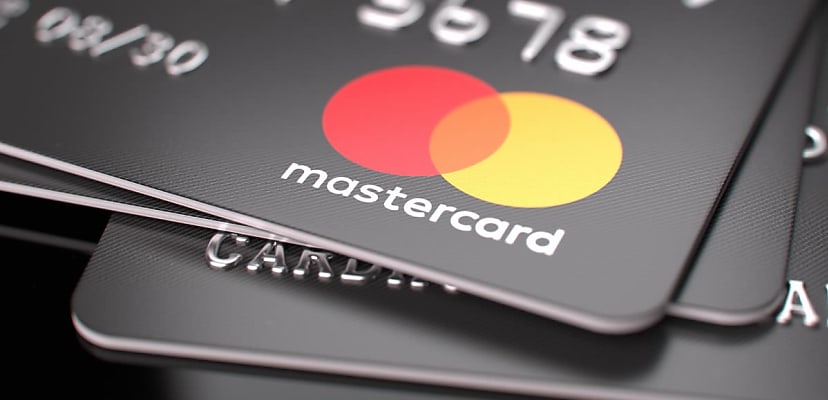Share this article on:
Powered by MOMENTUMMEDIA
Breaking news and updates daily.
The financial services giant has said the acquisition will complement the company’s current suite of security services.

Mastercard announced overnight its intention to acquire well-regarded threat intelligence firm Recorded Future for US$2.65 billion.
Recorded Future has more than 1,900 clients in 75 countries. Half of the Fortune 500, as well as 45 governments worldwide, work with the company.
Mastercard and Recorded Future have already collaborated on an AI-based service that can warn banks when a card has been compromised, so the acquisition would appear to be a natural step.
“Trust is the foundation of any relationship. Recorded Future adds to how we deliver that greater peace of mind before, during, and after the payment transaction,” Craig Vosburg, chief services officer at Mastercard, said in a statement.
“Together, we will innovate faster, create smarter models, and anticipate emerging threats before cyber attacks can take place – in payments and beyond.”
Christopher Ahlberg, CEO of Recorded Future, said in the statement that the move is a good opportunity for both companies.
“Fifteen years ago, we created Recorded Future with a simple goal to secure the world with intelligence,” Ahlberg said.
“By joining Mastercard, we see an opportunity to help more businesses and governments determine the steps to realise their full potential – and to enable everyone to feel safer in their daily lives.”
Speaking in more detail on the acquisition in a thread on X, Ahlberg added that Recorded Future would remain independent.
“We will remain an independent and open intelligence platform, operating as an independent subsidiary of Mastercard,” Ahlberg said.
“My dinner with their CEO Michael Miebach last week convinced me that we have an amazing partnership in front of us.”
Josh Lefkowitz, CEO of threat intelligence firm Flashpoint, said the acquisition is “validation of the widespread, growing recognition of the mission-criticality of threat intelligence at the centre of an organisation’s security posture”.
“Threat intelligence has consistently increased in importance over the years, moving to the centre of the radar for CISO, CSO, and board in order to protect people and assets from an escalating array of threats, from breaches and ransomware to the fallout of geopolitical conflicts around the globe,” Lefkowitz said.

David Hollingworth has been writing about technology for over 20 years, and has worked for a range of print and online titles in his career. He is enjoying getting to grips with cyber security, especially when it lets him talk about Lego.
Be the first to hear the latest developments in the cyber industry.